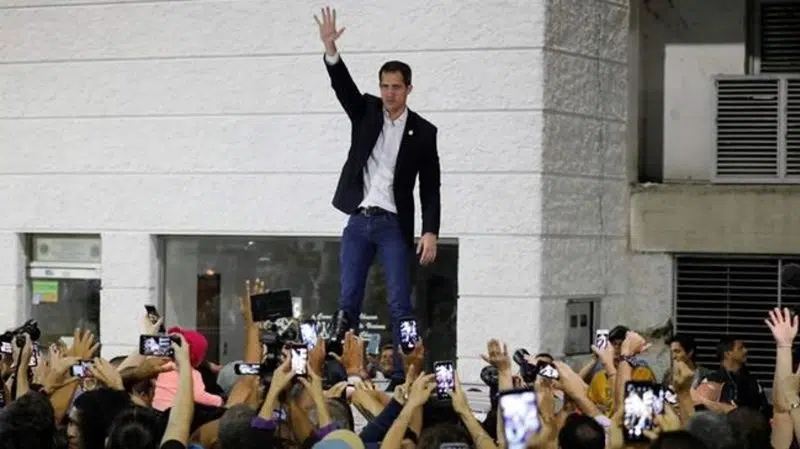
Canada to host Lima Group ministers meeting on Venezuela crisis next week
OTTAWA — Canada is calling a meeting of its Lima Group partners next week to try to build new momentum in their effort to bring democracy to Venezuela.
Foreign Affairs Minister Francois-Philippe Champagne is hosting the gathering of foreign ministers from the coalition of Western Hemisphere countries — minus the United States — next Thursday in Gatineau, Que., across from Parliament Hill in Ottawa.
Venezuelan opposition leader Juan Guaido is not expected to attend the meeting because he has just returned to Venezuela after an extensive world tour that included Canada, Europe and the U.S. to drum up support for his efforts to oust President Nicolas Maduro.
Canada and dozens of other countries recognize Guaido as Venezuela’s legitimate leader, and view Maduro as a dictator who stole his country’s last presidential election.

